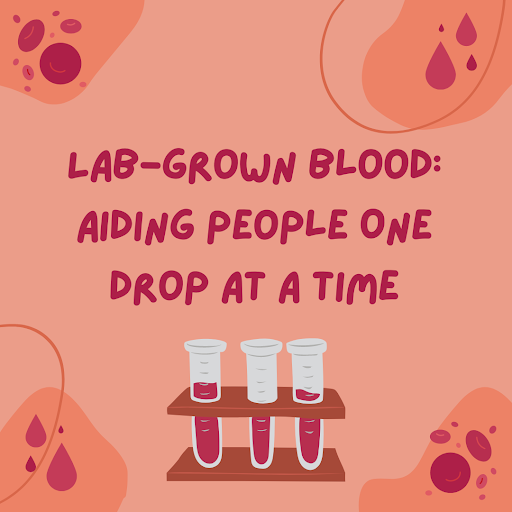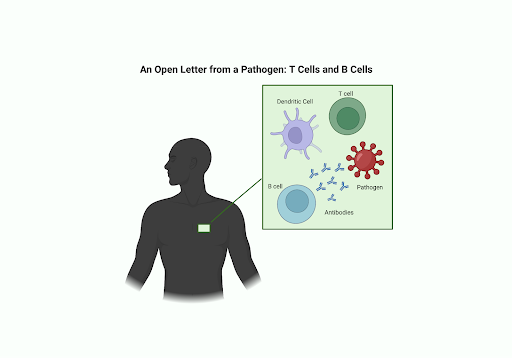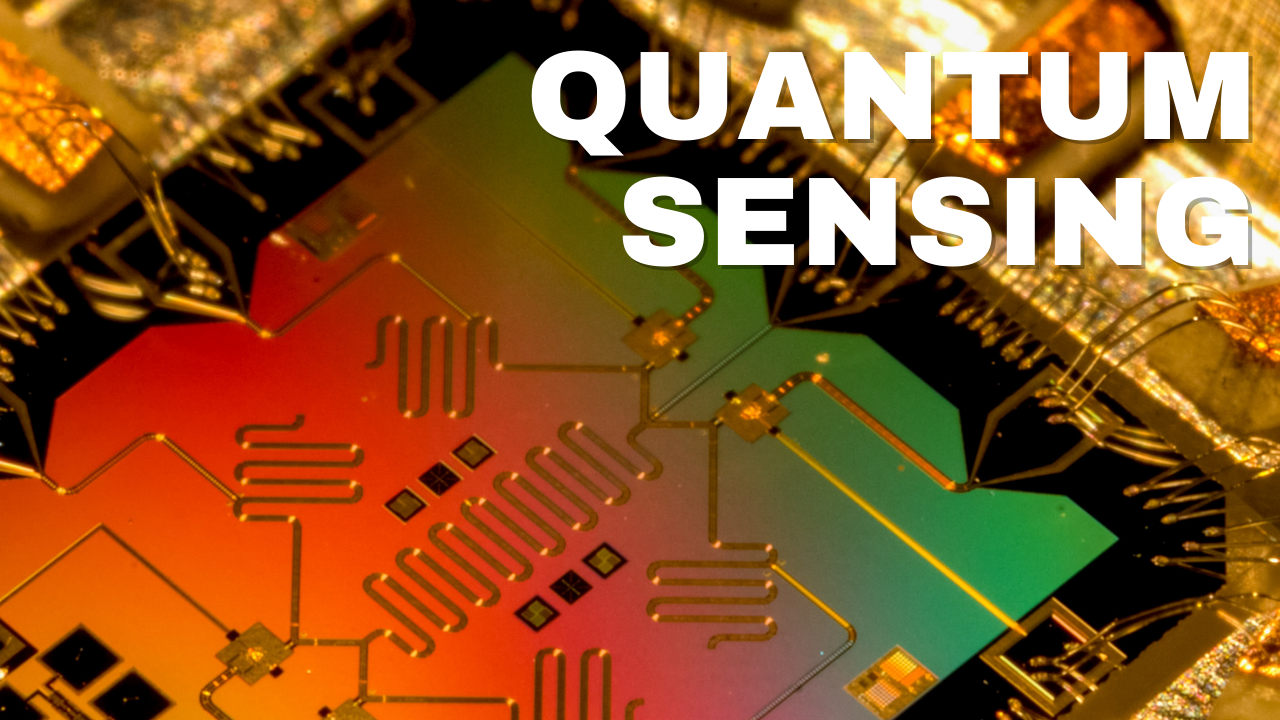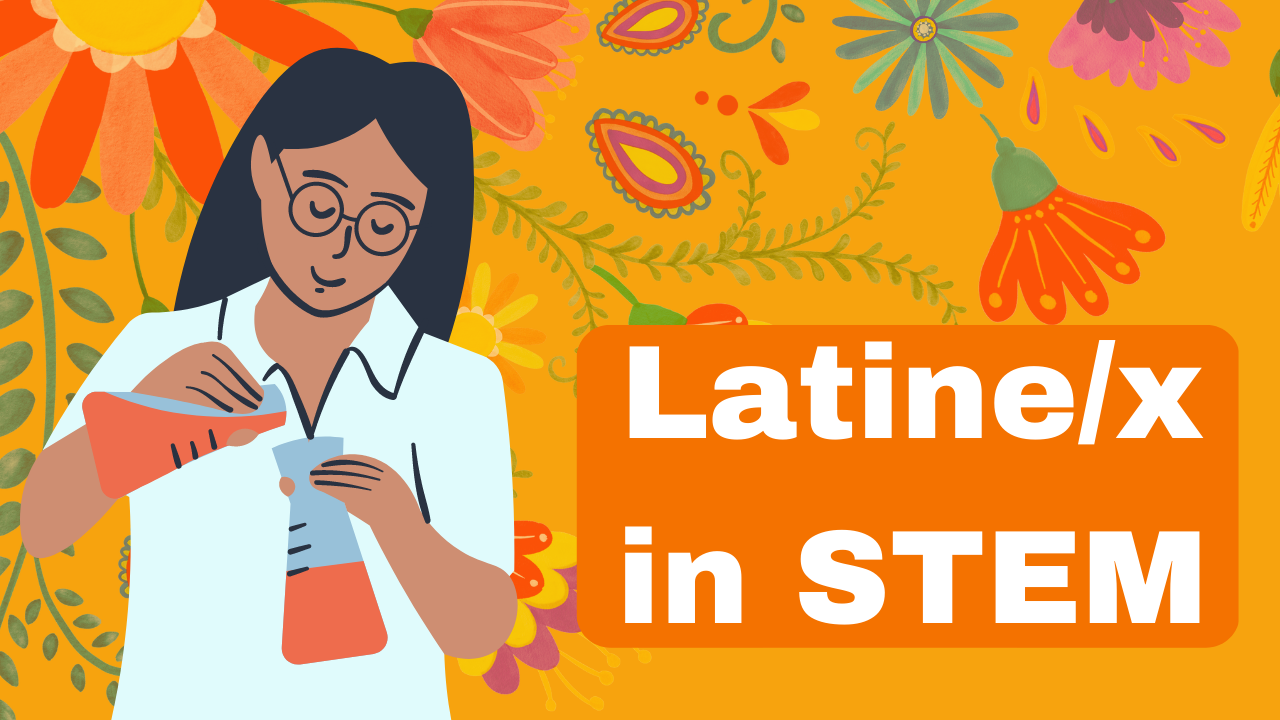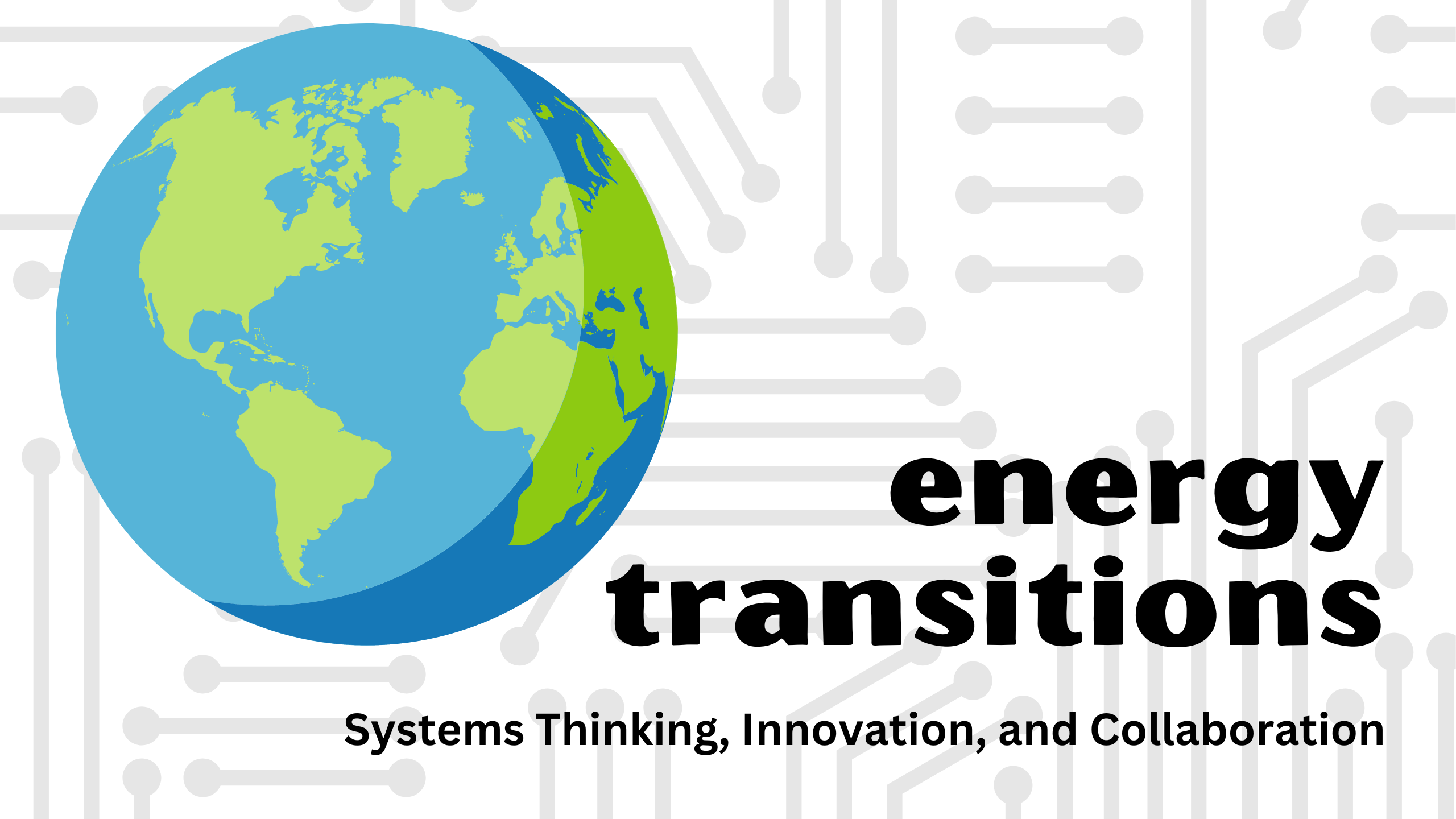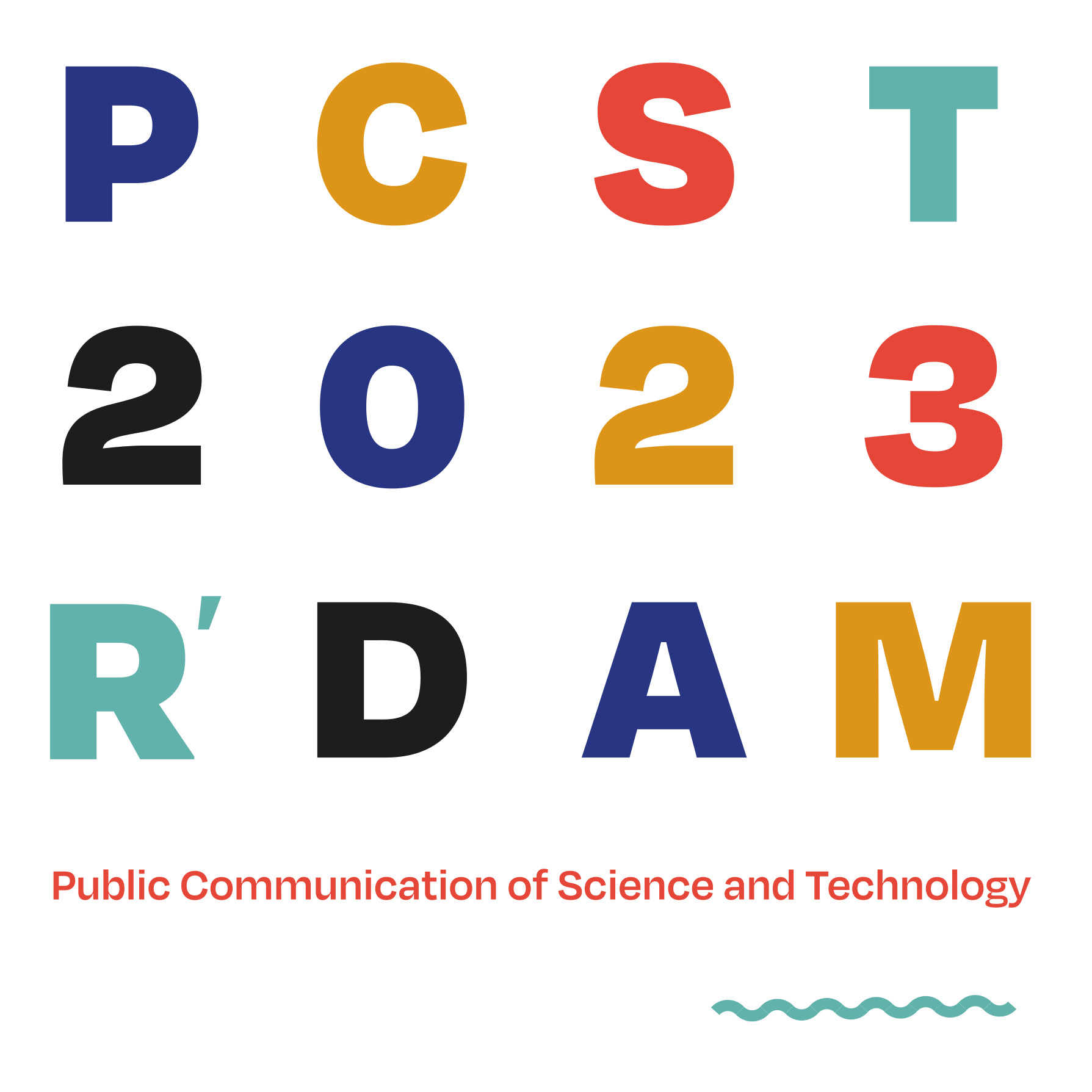
C2ST’s proposal to showcase our Science Communication Internship at the PCST conference in Rotterdam, The Netherlands, has been accepted!
The main theme of PCST 2023 is ‘Creating Common Ground.’ This theme signifies the role and value of science communication as boundary work that connects scientists, engineers, policymakers, business leaders, and citizens.
Creating common ground entails the idea of a broad perspective on science communication research and its practices. This aligns with the ongoing discovery of the science communication domain. One might view science communication as a social network of connected professionals and the public, collaboration between research and practices, which all together steers science and technology development and vice versa.
The PCST Network has brought together practitioners, educators, and researchers in science communication at its series of conferences, starting in 1989. Previous conferences have occurred in South Korea, Brazil, Australia, and many other countries. PCST-2023 puts into practice what we preach: the hosts are a Dutch consortium of science communication professionals, both practice- and research-based.
